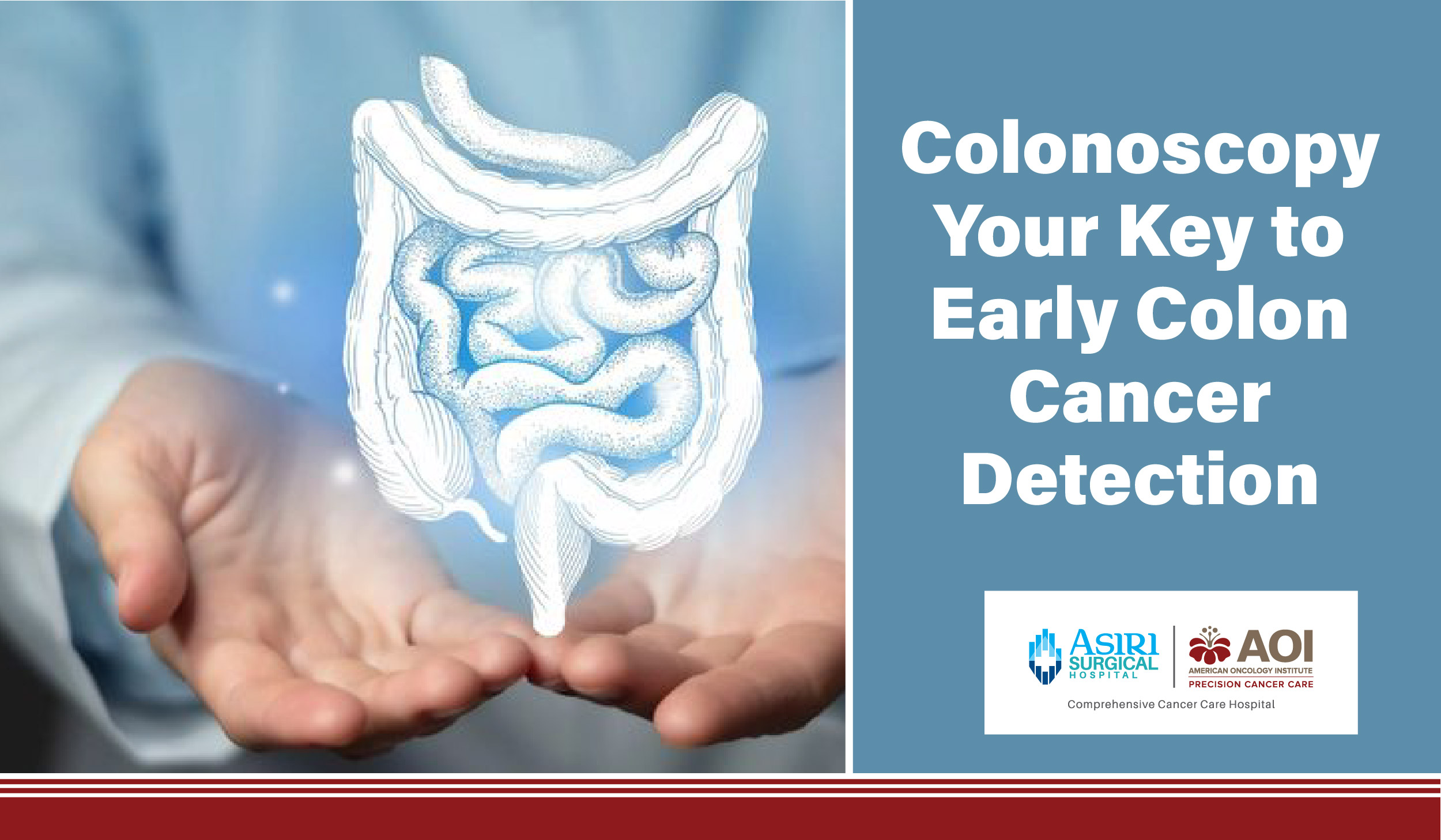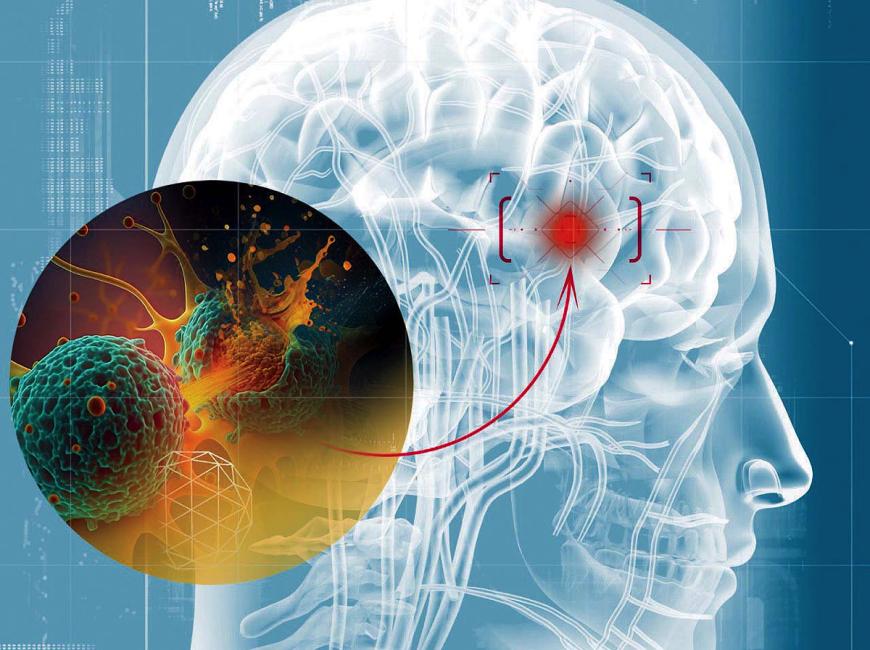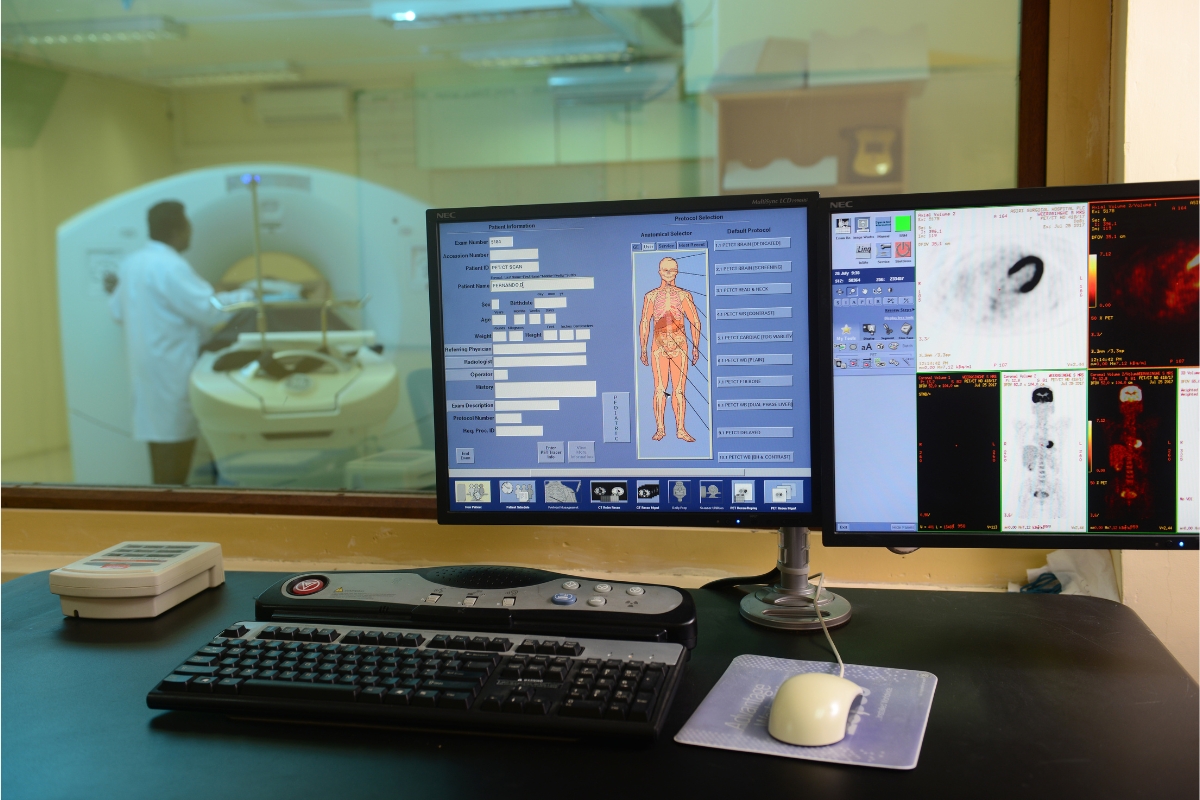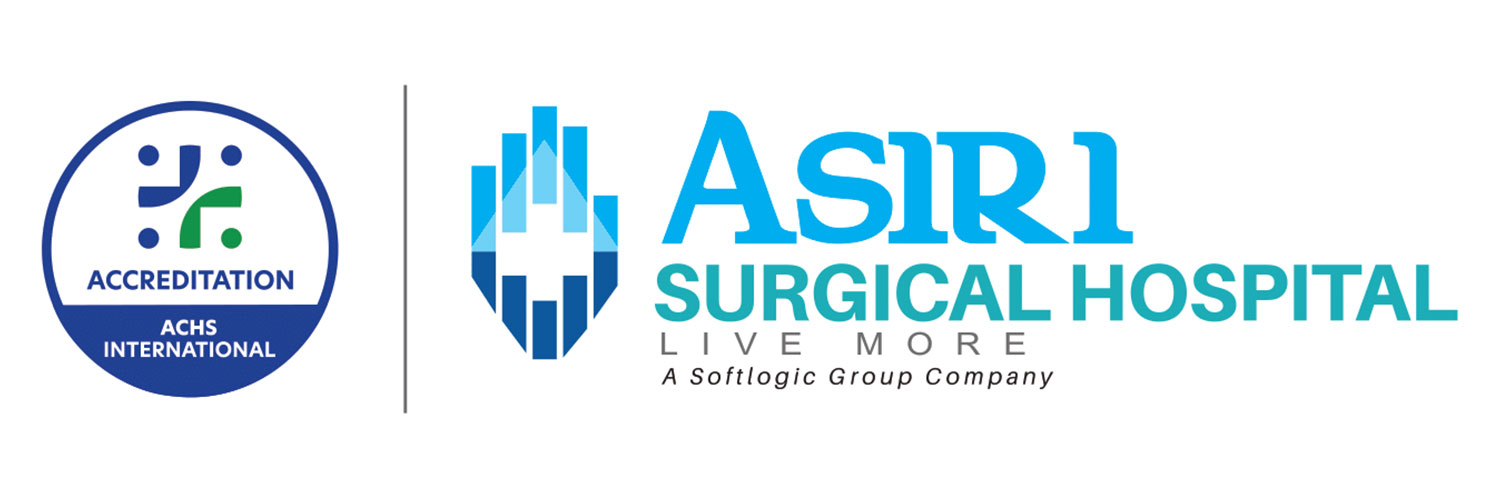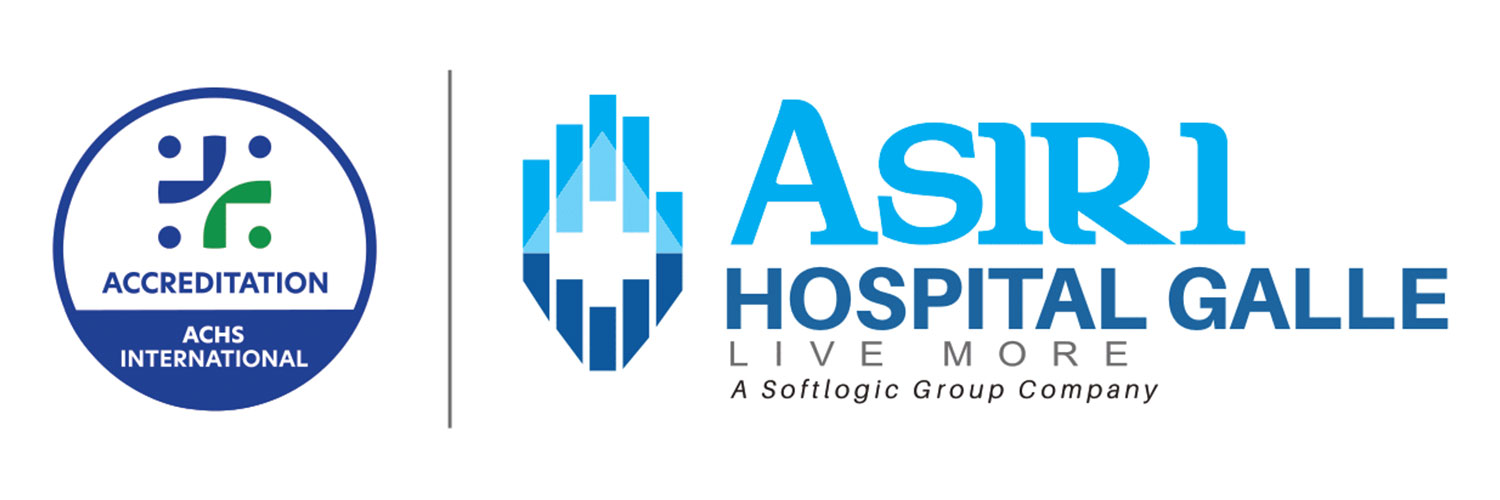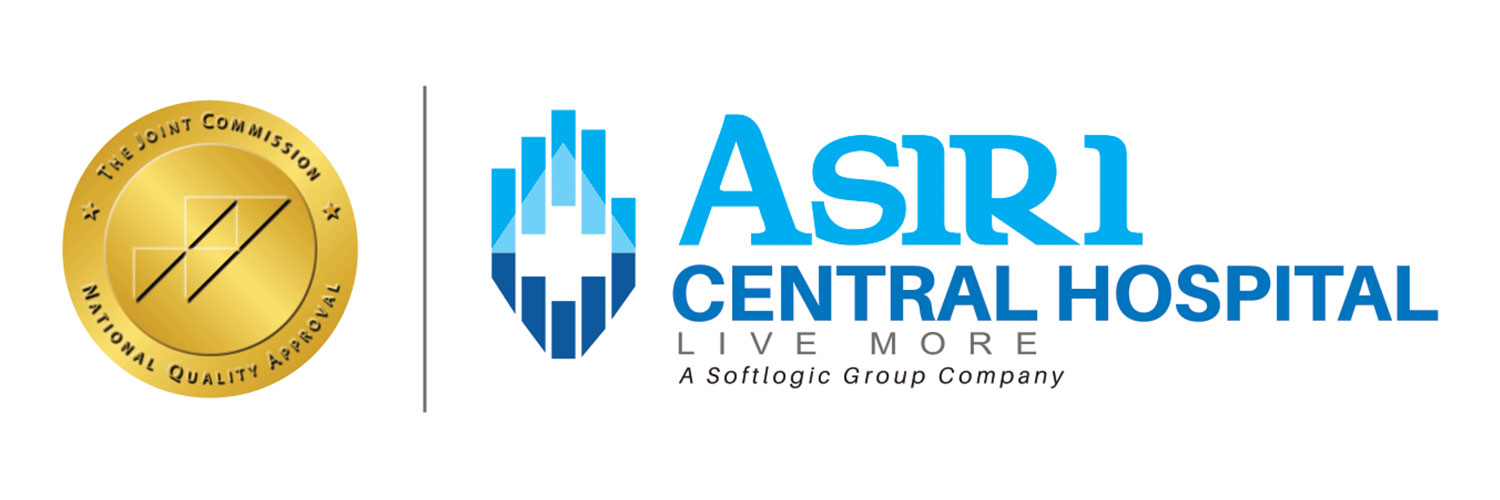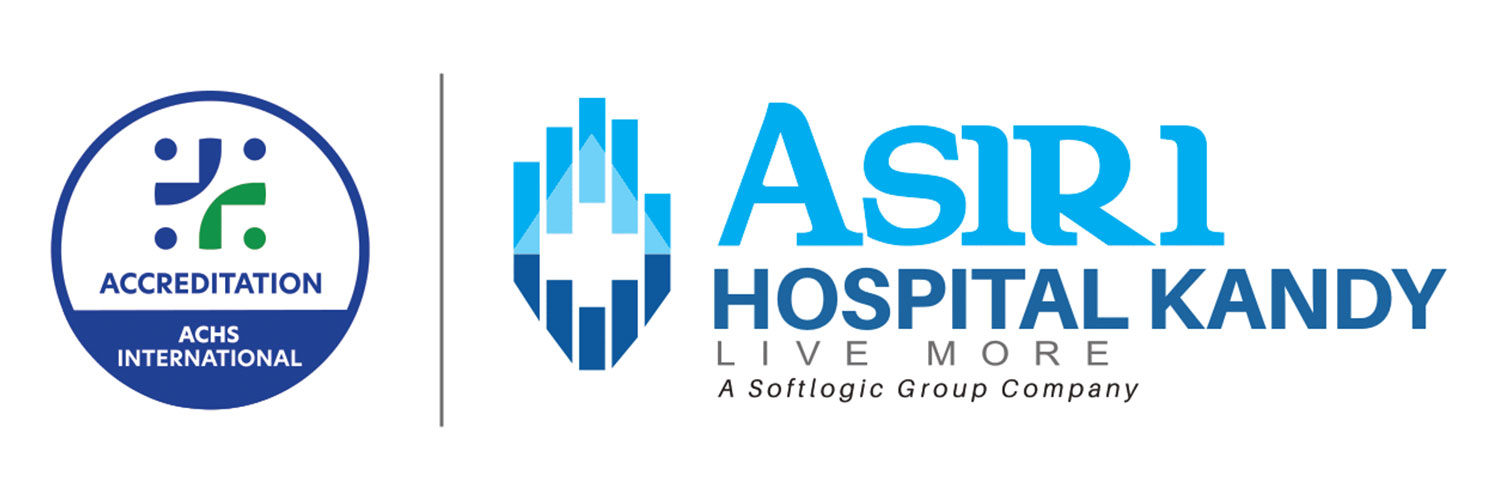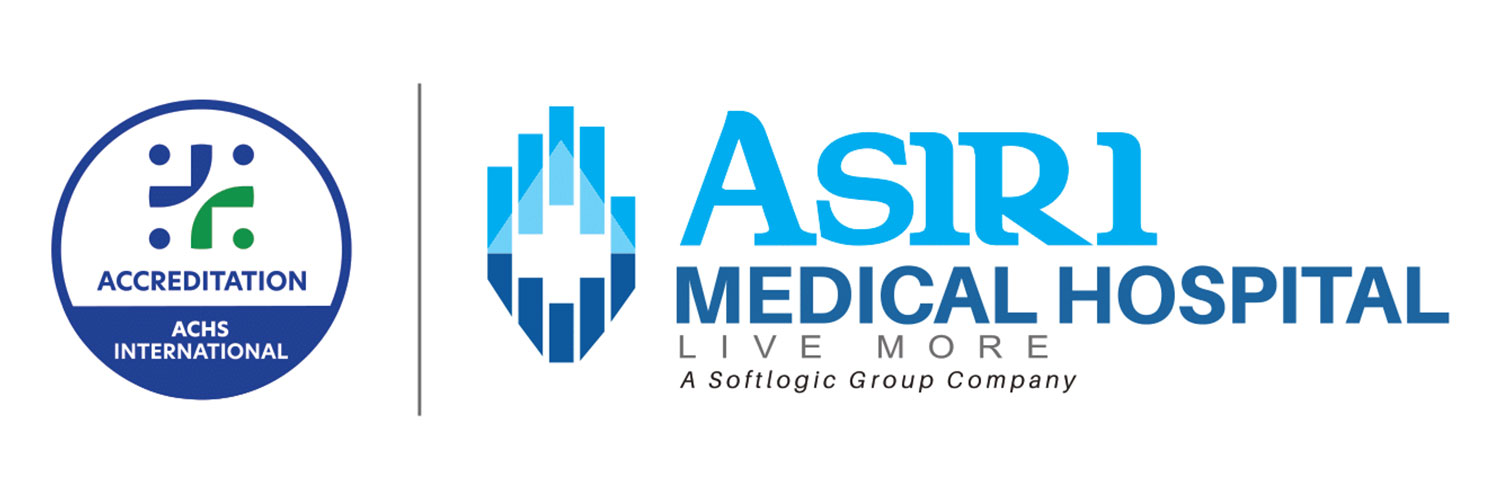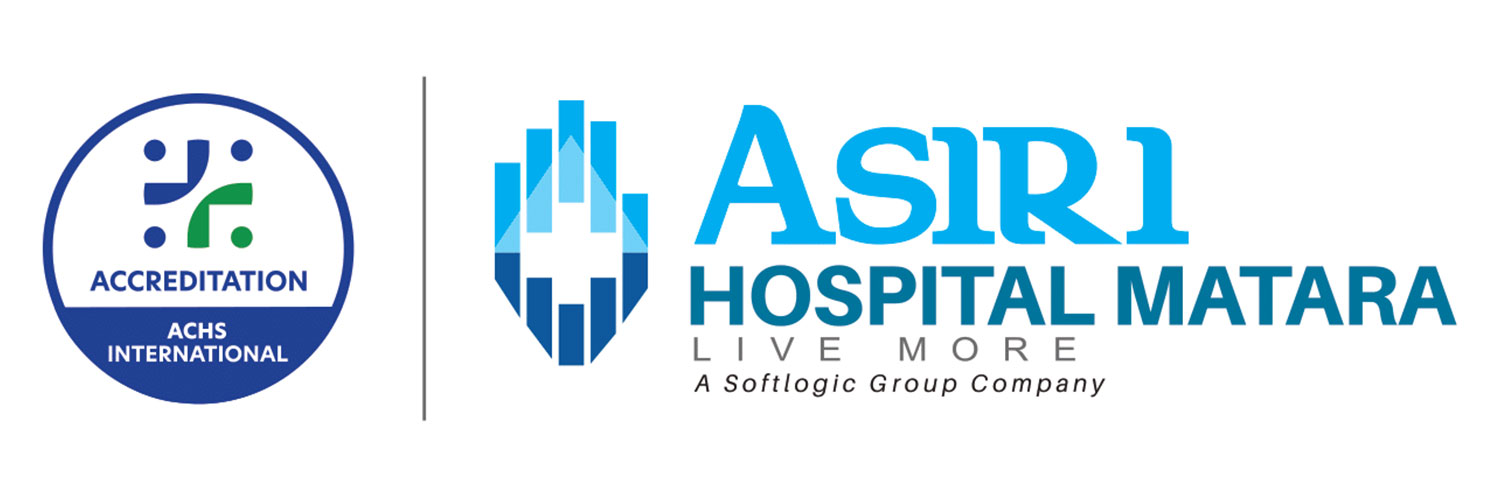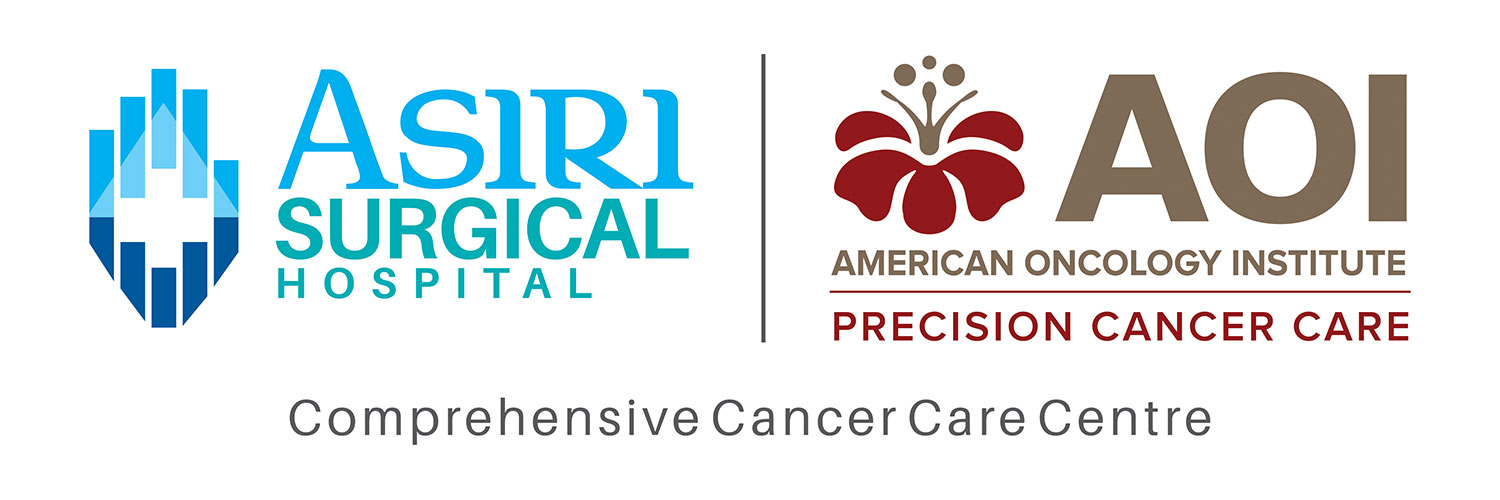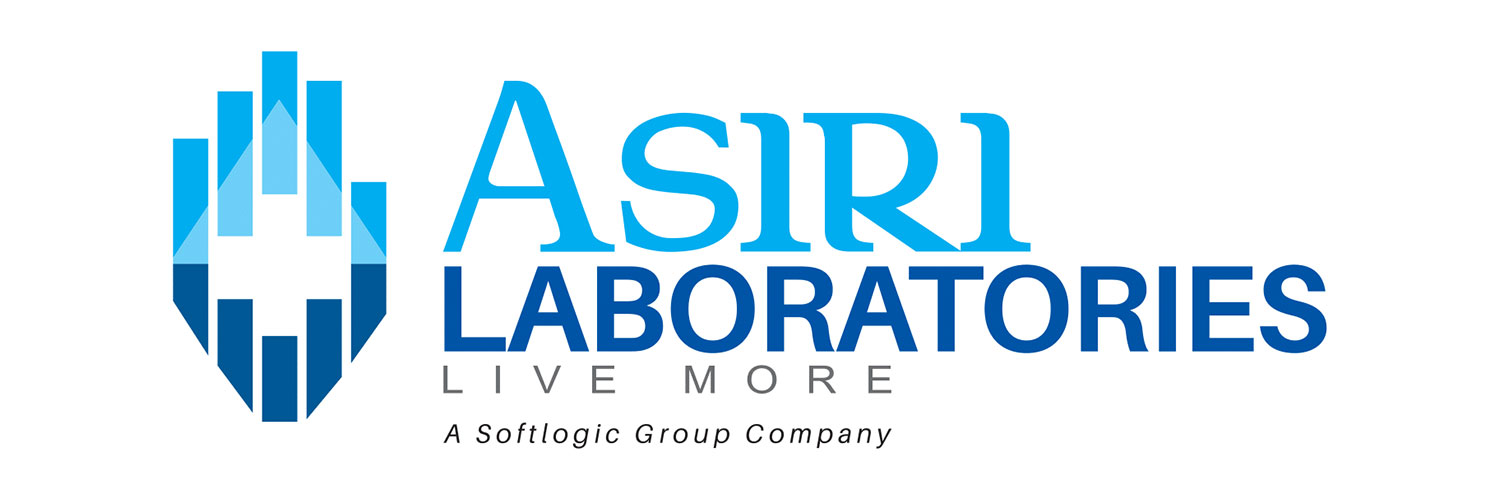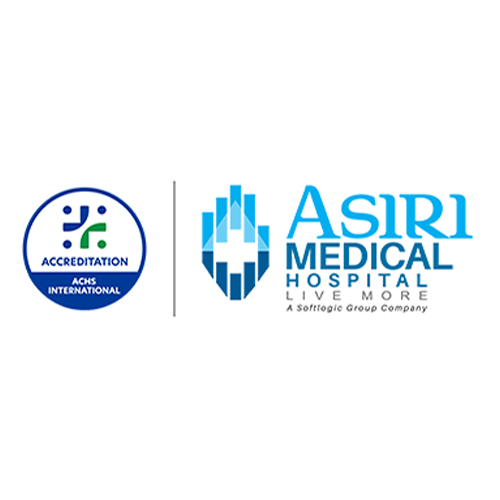September 24, 2024
Colonoscopy: Your Key to Early Colon Cancer Detection
Colorectal cancer, commonly known as colon cancer, is one of the most preventable and treatable types of cancer if detected early. Despite its preventable nature, many people delay screening, which can lead to serious consequences. At Asiri AOI Cancer Centre, we are committed to raising awareness about the importance of early detection and providing world-class diagnostic services such as colonoscopy to help patients stay ahead of potential health issues.
What is Colon Cancer?
Colon cancer originates in the colon or rectum, which are parts of the large intestine. It usually starts as small, non-cancerous growths called polyps that can develop into cancer over time. Colon cancer often has no symptoms in its early stages, making regular screening crucial for early detection and successful treatment.
Colorectal cancer is the third most common type of cancer worldwide, but with timely screening, particularly through colonoscopy, it can be caught before it progresses into a more serious stage. Understanding how colon cancer develops and how to detect it early is essential for maintaining good health.
The Importance of Early Detection
Early detection is the cornerstone of successful cancer treatment. When colon cancer is found early, it is much easier to treat and has a significantly higher survival rate. A colonoscopy is the most effective way to detect changes in the colon before they develop into cancer. Polyps, which are often the precursors to cancer, can be identified and removed during the procedure, reducing the risk of cancerous development.
At Asiri AOI Cancer Centre, we believe that prevention is always better than cure. A timely colonoscopy can mean the difference between a routine polyp removal and the need for more invasive cancer treatments later on. Our state-of-the-art equipment and highly trained medical professionals ensure that you receive the best care possible.
What is a Colonoscopy?
A colonoscopy is a procedure that allows doctors to examine the inner lining of your colon and rectum. Using a long, flexible tube equipped with a camera, doctors can look for abnormalities or changes in the tissue. It is an outpatient procedure that typically takes around 30 to 60 minutes, depending on what the doctor finds.
During a colonoscopy, the doctor may also remove polyps or take a biopsy if any suspicious tissue is found. This means that a colonoscopy is not just a diagnostic tool but also a preventive procedure. It is a critical part of any comprehensive cancer screening plan.
Who Should Get a Colonoscopy?
The general recommendation is that adults should start regular colonoscopy screenings at the age of 50. However, people with a family history of colon cancer or certain hereditary conditions may need to begin screening earlier. Additionally, individuals who experience symptoms like unexplained changes in bowel habits, rectal bleeding, or persistent abdominal discomfort should seek medical advice promptly.
At Asiri AOI Cancer Centre, our expert gastroenterologists can provide guidance on when and how often you should undergo screening based on your individual risk factors. Early and regular screening is the most effective way to protect yourself from colon cancer.
How Does a Colonoscopy Work?
During a colonoscopy, a long, flexible tube called a colonoscope is inserted into the rectum and gently guided through the length of the colon. The colonoscope has a tiny camera on its tip, which transmits live video images to a monitor. This allows the doctor to thoroughly examine the lining of the colon for any abnormalities such as polyps, ulcers, or suspicious growths.
If the doctor finds polyps or other abnormal tissue during the procedure, they can be removed or biopsied right away. This dual function of the colonoscopy—as both a diagnostic and therapeutic procedure—makes it a highly effective tool in preventing colon cancer.
The Preparation Process: What You Need to Know
A key aspect of a successful colonoscopy is proper preparation. Before the procedure, patients must follow a specific preparation plan to cleanse the colon. This ensures that the doctor has a clear view of the colon walls, making it easier to detect any abnormalities.
Here’s what the preparation generally involves:
- Dietary Changes: In the days leading up to the colonoscopy, you may be advised to switch to a low-fibre diet. The day before the procedure, you will be required to follow a clear-liquid diet to help clear your digestive system. This typically includes consuming broth, clear juices, tea, and gelatin.
- Bowel Cleansing: A crucial part of preparation is taking a prescribed laxative solution, usually the night before or the morning of the procedure. This helps flush out the contents of your intestines, ensuring the colon is clean and ready for examination.
- Medication Adjustments: If you are taking certain medications, such as blood thinners, your doctor may provide specific instructions about when to stop or adjust them before your colonoscopy. Always inform your healthcare provider about any medications you’re taking.
What to Expect During the Procedure?
On the day of your colonoscopy, you’ll be given a sedative or light anaesthesia to help you relax and remain comfortable throughout the procedure. Most patients feel little to no discomfort due to the sedation, and many don’t remember the procedure afterward.
The colonoscopy typically lasts between 30 and 60 minutes. Here’s what happens step by step:
- Positioning: You will lie on your side, usually with your knees drawn toward your chest.
- Insertion of the Colonoscope: The doctor will insert the colonoscope through the rectum and into the colon. Air or carbon dioxide may be pumped into the colon to inflate it slightly, allowing for better visibility.
- Examination: The doctor carefully examines the colon, looking for any polyps, inflammation, or abnormal tissue. Polyps can be removed, and any suspicious tissue can be biopsied during the procedure.
- Completion: Once the examination is complete, the doctor will gently withdraw the colonoscope.
Most patients are able to go home the same day, though it’s important to have someone accompany you, as the sedative will make it unsafe to drive.
Post-Colonoscopy: Recovery and Results
After the colonoscopy, you will be taken to a recovery area where the sedative will wear off over the course of an hour or two. You may experience mild bloating, gas, or cramping due to the air used to inflate the colon, but these symptoms usually subside within a few hours.
If polyps were removed or biopsies were taken, your doctor will inform you of the results, which typically take a few days. Polyps are sent to a laboratory to determine whether they are benign (non-cancerous), precancerous, or cancerous.
Why Choose Asiri AOI Cancer Centre?
Asiri AOI Cancer Centre is known for its comprehensive cancer care, offering the most advanced diagnostic and treatment services available in Sri Lanka. When it comes to detecting colon cancer early, we provide a complete range of services, including colonoscopy, advanced imaging technologies, and genetic testing for those at higher risk. Our affiliation with the University of Pittsburgh Medical Centre ensures that we follow evidence-
The Benefits of Regular Screening
Regular screening through colonoscopy has several key benefits:
- Prevention: By identifying and removing polyps before they become cancerous, colonoscopy can significantly reduce your risk of developing colon cancer.
- Early Detection: Colonoscopy allows for the early detection of colon cancer when it is most treatable. Early-stage colon cancer has a much higher survival rate compared to cancer that is detected later.
- Peace of Mind: Knowing that you are taking proactive steps to monitor your health provides peace of mind for you and your loved ones.
Take Control of Your Health Today
Colon cancer is a serious disease, but it is also one of the most preventable forms of cancer. Regular colonoscopy screenings are a powerful tool for preventing and detecting colon cancer in its earliest stages. At Asiri AOI Cancer Centre, we are committed to providing world-class care to help you stay ahead of the disease.
If you are due for a colonoscopy or have any concerns about your colon health, don’t hesitate to contact us. Early detection can save lives, and at Asiri AOI Cancer Centre, we are here to support you every step of the way.
Your health is your greatest asset. A colonoscopy is a simple yet powerful procedure that can protect you from colon cancer by catching it early or preventing it altogether. At Asiri AOI Cancer Centre, we offer cutting-edge technology, experienced medical professionals, and compassionate care to ensure that you receive the best possible service. Don’t wait—schedule your colonoscopy today and take the first step toward a healthier future.
